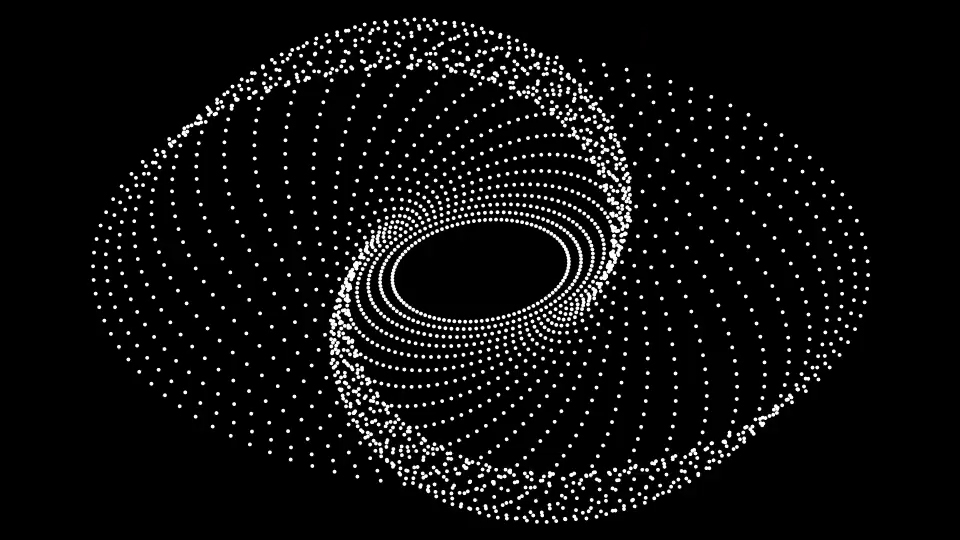
Does the universe self-organize into self-propagating systems? Are systems created by human beings self-propagating? The answers to these two questions might explain why things are as they are, and how they will continue to be.
First, let’s settle on some definitions, beginning with what a system is. A system is composed of interconnected components that together result in the generation of patterns or results over time. Systems need not be mechanical; the system of life on this planet, for example, is biological. What all systems have in common, however, is the need for energy. Even those systems that generate energy require it; the Second Law of Thermodynamics, the eventual dissipation of energy, demands it.
Theoretical physicist Lee Smolin proposes that spiral galaxies are self-propagating systems, the formation of spiral “arms” due to the process of star creation, destruction, and the distribution of their energy. Systems like galaxies are long term, others short term. Our universe itself may be the product of a self-propagating system that creates universes.
Next, let’s define self-propagation. A self-propagating system is one that does not require an outside force or agent for its continuance; it is or appears to be purposeful. Given sufficient energy, a self-propagating system will continue indefinitely. People are self-propagating, for example. As long as sufficient energy is supplied, a human body will maintain its physical integrity by replacing dead cells with new living cells, at least long enough to reproduce and often longer. Self-repair is biologically programmed in our living bodies until either disease or injury is too great to overcome.
This brings us to the question of systems created by human beings, and if they are self-propagating. Human systems exist both within and beyond our imagination. They begin in the imaginary space of human thought but are then brought into material form as physical or socially accepted conceptual systems. One example is the modern corporation; to incorporate is to create a fictional corpus, a living “body” in law. Like human individuals, modern corporations are vested with rights and responsibilities and as systems display self-propagating qualities like growth and repair. Assuming sufficient energy in the form of money is available, the modern corporation is effectively immortal.
Historically, a corporate system includes an organizational structure that fills various roles with people at the executive level to those at lower levels of employment. To self-propagate, positions get emptied and re-filled continuously, so that the corporate “body” remains operationally healthy. Artificial Intelligence may change all that.
Educational systems operate the same way, structuring roles and jobs in pursuit of a purpose. Although systems can alter over time and adjust the nature of outcomes, the system itself will continue indefinitely if the cost of pursuing purpose does not outstrip the availability of needed energy. Economic systems – capitalism, socialism, etc. – are notoriously poor self-propagators and require constant “tweaking.”
People necessarily accept roles within self-propagating systems in which they are both creators and objects of creation. Democracy is a good example, a legal system that endures beyond the lives of its creators by enlisting the participation of new lives. If the structure of a democratic system gets corrupted or altered too severely, its ability to self-propagate diminishes and it fails.
All and everything is connected through relationships, and relationships naturally form systems – physical, chemical and biological. Self-propagating systems are the bedrock and foundation of the universe itself and, despite our imagination, there’s no escape.
Best wishes for a corporeal year. Chances are that our bodies and consciousness are going to continue spiral out of control except for some profoundly subtle spiritual gravity emanating from distant black hole at least for a while longer. All the best in the coming coming new year.
M. Bartlett